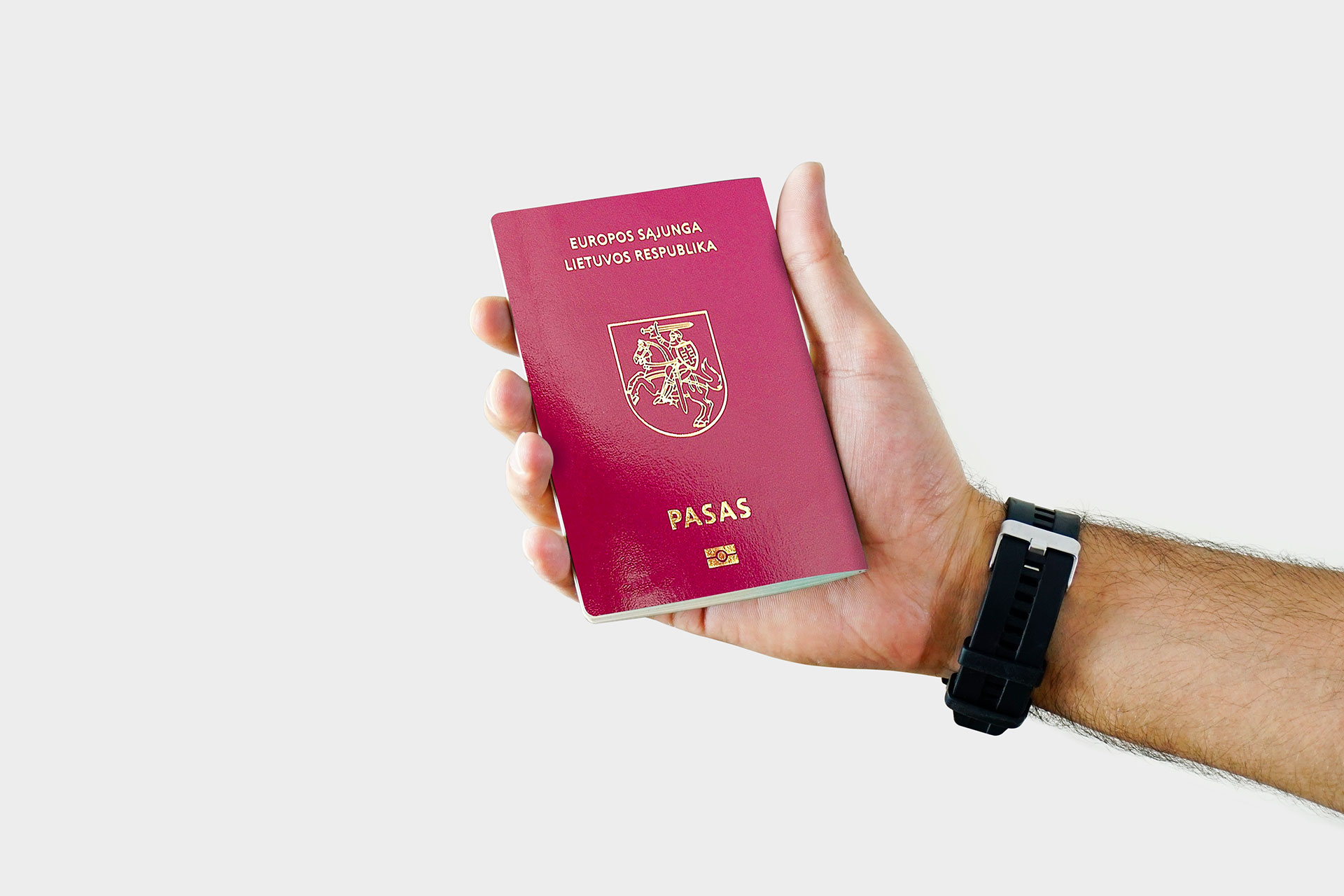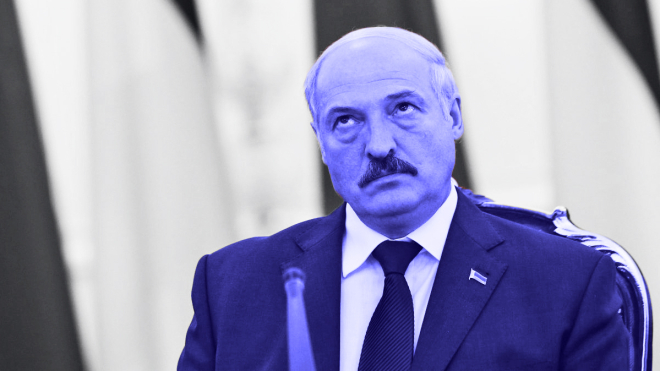Lithuania’s Migration Department reported on August 15, 2025, that Belarusian citizens were the leading recipients of so-called “foreigner passports” in 2024, documents functioning as national passports for travel and official purposes. According to the data, Belarusians obtained 155 such documents last year, compared to only 35 in 2023. The sharp increase followed a decree by Alexander Lukashenko that came into effect on September 7, 2023, prohibiting Belarusians living abroad from renewing their passports in consulates. To update travel documents, they must return to Belarus, where many risk imprisonment. By comparison, in 2024, Russian citizens received 25 foreigner passports in Lithuania, and Afghans 16, highlighting the scale of Belarusian demand, according to Charter97.
Restrictions push Belarusians into legal limbo
Lithuania has long been a destination for Belarusians fleeing political repression since the mass protests of 2020, when thousands sought refuge after disputed presidential elections and a wave of arrests. Yet Lukashenko’s decree left many stranded abroad without valid passports, forcing them to seek foreigner documents. Lithuanian authorities face a dilemma: granting protection to those escaping persecution while safeguarding their own security. Security experts warn that under the guise of refugees, agents of Belarusian or Russian intelligence could infiltrate the EU, using migration channels to collect information or destabilize host countries.
Security concerns shape Lithuanian migration policy
The surge in Belarusian applications coincides with heightened security measures. In 2023, Lithuania imposed restrictions on Schengen and national visas for both Belarusians and Russians, allowing exceptions only in limited humanitarian or diplomatic cases. In April 2025, the Seimas extended national restrictions until May 2026 and introduced stricter rules for residence permits, which can now be revoked if holders travel more than once in three months to Belarus or Russia. These steps are framed as countermeasures to hybrid threats and as safeguards for national sovereignty.
Hybrid threats and intelligence operations
Lithuania’s intelligence services reported in June that Belarus’s KGB had intensified online recruitment efforts targeting Belarusians abroad. Through social media and encrypted platforms, operatives sought to collect information about democratic movements and diaspora activities, while also offering payments for acts of provocation in the Baltic states. Such activities are viewed as part of Minsk’s strategy to spread distrust in public institutions and to sow divisions between Lithuanian society and the Belarusian diaspora.
Divided diaspora and EU policy challenges
Another layer of complexity comes from divisions within the Belarusian community itself. While many exiles oppose Lukashenko and support Ukraine, some remain sympathetic to Moscow and even endorse Russia’s war against Kyiv. Lithuanian officials stress that individuals who publicly back Russian aggression should have their residence permits revoked and be expelled immediately. Long-term, the future of Belarusian diaspora communities in the EU depends on political change in Minsk. Without it, exiles may settle permanently, requiring integration strategies from host countries. At the EU level, differing national approaches risk undermining a unified migration policy and could create loopholes for exploitation by hostile actors.














